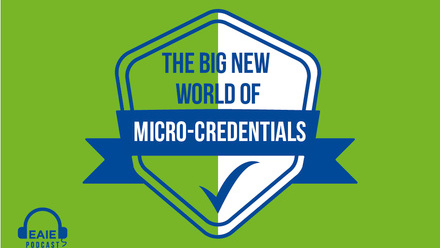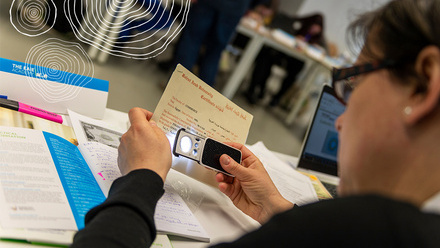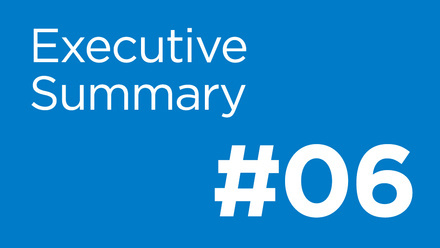From micro-credentials to micro-courses: The future of flexible higher education

Micro-credentials are short, focused, standalone learning opportunities in higher education. They began gaining traction around the early 2010s. One of the earliest and most notable examples of a formal micro-credential program was that offered by Deakin University in Australia. Deakin University began offering its micro-credential programs in 2014 through its DeakinSYNC platform, which allowed students to earn digital badges for specific skills and achievements.
Another pioneering institution was the Massachusetts Institute of Technology (MIT), which introduced the MITx MicroMasters program in 2015. This program allowed learners to earn credentials through online courses, advancing their knowledge and understanding of specific areas.
These early programs marked the beginning of the broader acceptance and implementation of micro-credentials in higher education, paving the way for the expansion of these offerings globally. The success of micro-credentials is due, in part, to the increasing demand for flexible, short-duration learning opportunities and the rapid evolution of the job market.
Ten years later, university education is getting another makeover by embracing micro-courses/modular learning.
What is a micro-course/modular learning?
Micro-courses, or modular learning, are educational models in which students take one course at a time, allowing them to focus on one subject. These micro-courses, or modules, represent a more flexible and focused teaching method for university students. They differ from traditional semester-long courses, which last a few weeks, and focus mainly on hands-on, practical learning.
The concept of micro-credentials evolved into micro-courses to meet the demand for a more customised student experience. Students can select the areas they want to focus on and approach the courses as masterclasses. Micro-courses represent flexibility and adaptability for students balancing studies with work or other commitments.
Institutional models of micro-courses in Europe
University Academy 92, located in the United Kingdom, offers undergraduate programs through modular learning. Their modules last eight weeks, allowing students to concentrate on one subject at a time. These courses are offered either in the morning or evening, allowing students to smoothly incorporate other activities, including sports, volunteering and employment.
In the Netherlands, Fontys University of Applied Sciences is transforming the concept of micro-courses. Through its Acceleration Academy, undergraduate students from any faculty can register for this semester-long minor program. The minor program consists of six modules, each lasting three weeks. These credit-bearing micro-courses are offered by professors and industry leaders from multiple institutions and backgrounds. Modules can be taken online or in person at different locations, such as Asia, Europe, Latin America and North America, offering a truly global experience. Acceleration Academy is also open to students registered at other universities.
Students can select the areas they want to focus on and approach the courses as masterclasses. Micro-courses represent flexibility and adaptability for students balancing studies with work or other commitments.
Adaptation of micro-courses and other considerations
Advances in technology, including digital badges and blockchain for credential verification, have enhanced the credibility and utility of micro-courses and micro-credentials. These innovations ensure the credentials are secure, verifiable and easily shareable.
The ability to offer micro-courses or modules online has allowed students from diverse geographical locations to access high-quality education and training, contributing to their global success.
While micro-courses or modular learning could present some challenges for institutions and students, such as the need for continuous assessment, standardisation, and the potential for fragmented learning, they have gained high industry recognition. Companies like IBM, Google, and Microsoft have supported or endorsed various micro-courses; in some instances, major industry players have created their own masterclasses.
It is expected that micro-courses will prove to be a global success by addressing the evolving needs of learners and employers, offering flexible, targeted education and professional development opportunities that are increasingly recognised and valued across various sectors.






